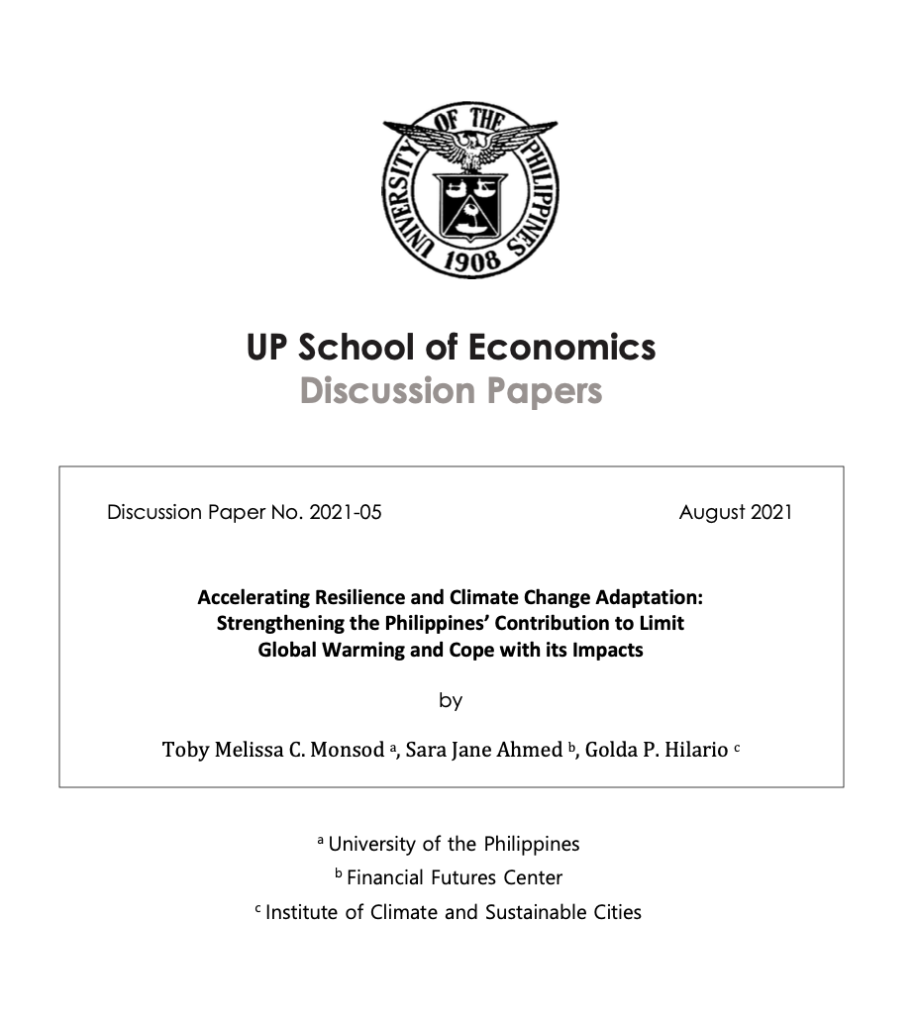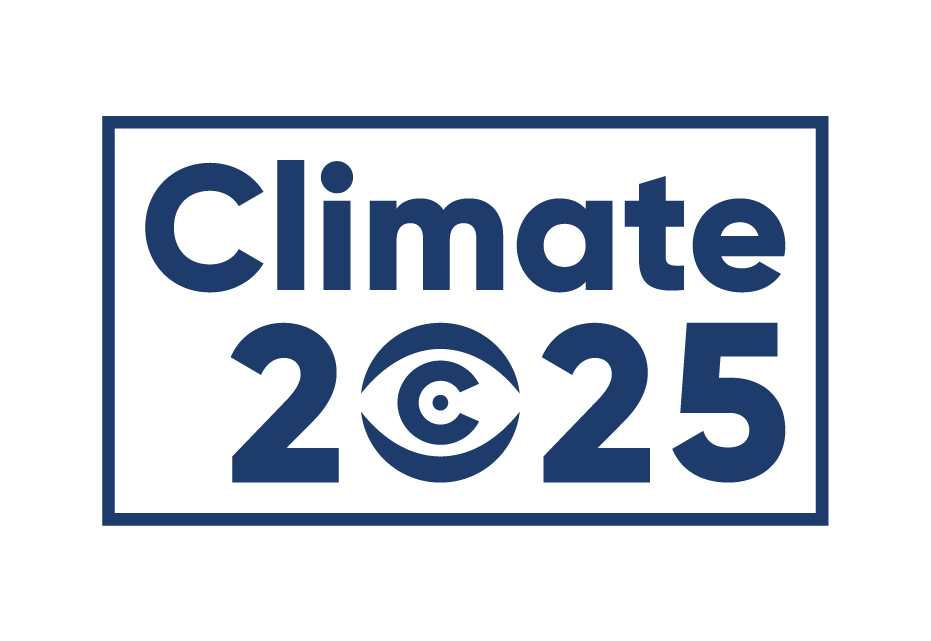In its first Nationally Determined Contribution (NDC) to the Paris Agreement, the Philippines committed to a GHG emissions reduction/avoidance of 75 percent for the period 2020 to 2030, referenced against a projected business-as-usual cumulative emission for the same period. However, the numbers do not add up, critical sectors such as forestry, which is central to the country’s climate change response, are excluded, and government is unconditionally committed to just 4 percent of that target. This begs the question of how the NDC squares with the country’s high level policy clarity and urgency on climate action, including the requirement to infuse all development plans and policies with it.
A resetting of the NDC may therefore be warranted so that both national imperatives for climate risk resilience and climate smart development and global mitigation requirements are better served: an NDC that is based on first principles, with programs and measures anchored on adaptation/resilience and driven by their impact sustainable development rather than by GHG emissions reductions per se. This is not the standard ‘decarbonization’ path but a path that recognizes that highly vulnerable countries with relatively small carbon footprints per capita like the Philippines are likely to do more for global efforts to reduce the extent of climate change and cope with its impacts if they build robust community ownership for climate action and leverage opportunities based on their own comparative advantages; one comparative advantage of the Philippines is the biodiversity of its marine and coastal resources. This approach also recognizes that climate change impacts will be dire even if global warming is successfully limited to 1.5 degrees. Thus adaptation and resilience are imperatives for all countries and national contributions that are organized to support these efforts will be vital.



